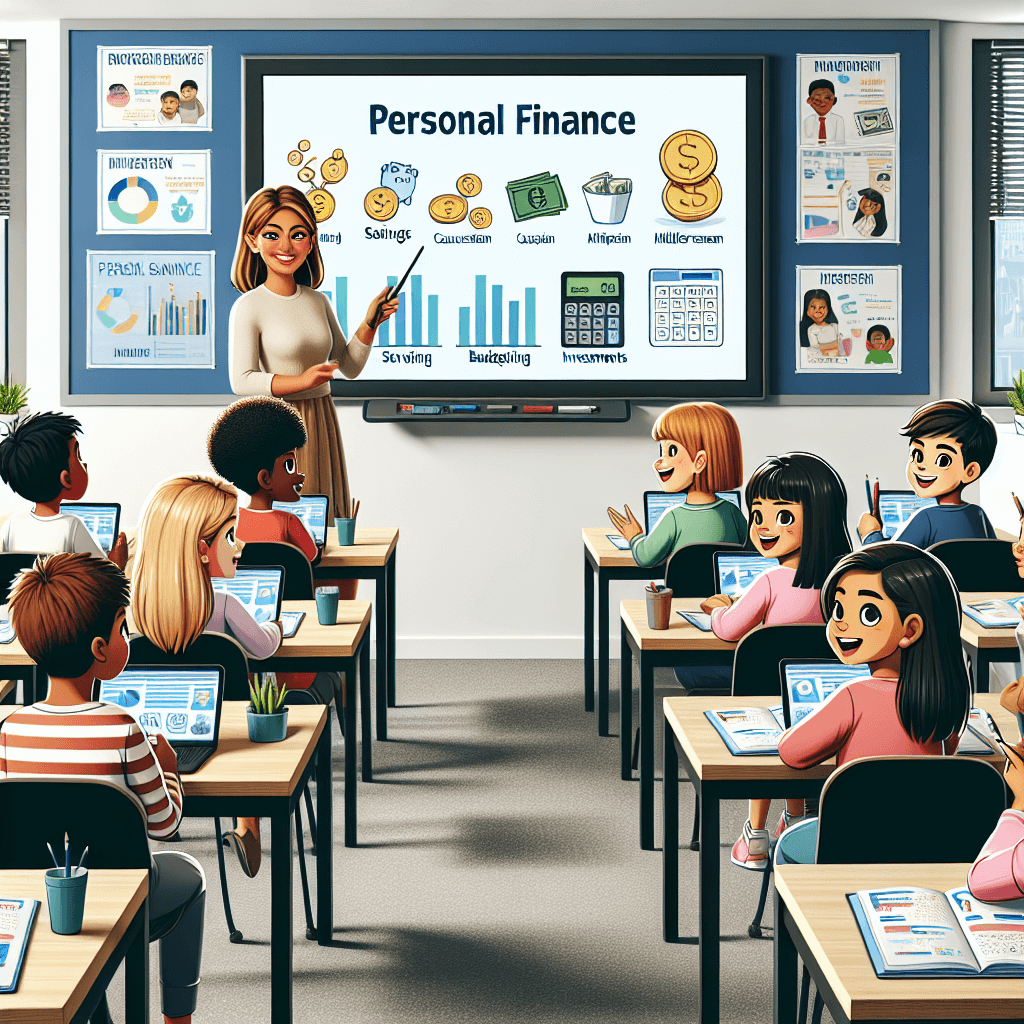Learn Personal Finance: Why It’s Never Too Late to Start
Understanding personal finance is a critical skill that impacts various aspects of our lives. Unfortunately, many people only realize its importance later in life. However, the good news is, it’s never too late to start learning about personal finance. This blog will cover why learning personal finance is indispensable, and provide actionable steps to get started, no matter your age.
Why Personal Finance Education Is Important
The Foundation for Financial Independence
Personal finance knowledge is the bedrock of financial independence. Understanding how to manage one’s money effectively can mean the difference between living paycheck to paycheck and building a stable financial future.
Reducing Financial Stress
Financial stress is one of the most common sources of anxiety. By acquiring personal finance skills, you can alleviate this stress by:
- Creating a budget that suits your lifestyle
- Understanding and managing debts
- Planning for unexpected financial emergencies
Achieving Long-term Goals
Whether it’s buying a house, saving for retirement, or funding your children’s education, understanding personal finance helps you plan and achieve these long-term goals efficiently.
There’s No Age Limit to Financial Education
Learning as a Young Adult
Starting to learn about personal finance in your 20s or 30s offers you the advantage of time. The longer you have to save and invest, the more you can benefit from the power of compound interest. Key areas to focus on include:
- Understanding credit scores
- Building an emergency fund
- Starting to invest in retirement accounts
Middle Age – The Right Time to Catch Up
If you’re in your 40s or 50s, it might feel like you’re behind, but it’s never too late. In fact, your higher income levels during these years can help you catch up more quickly. Focus on areas like:
- Maximizing retirement contributions
- Reducing or eliminating high-interest debts
- Investing in assets that provide passive income
Senior Years – It’s Still Worth Learning
If you’re in your 60s or beyond, you may be looking at ways to stretch your retirement savings or manage healthcare costs. Key focuses include:
- Understanding social security benefits
- Managing healthcare expenses
- Exploring ways to downsize or reduce expenses
How to Start Learning Personal Finance
Utilize Online Resources
The internet is a treasure trove of financial information. Some highly recommended websites and tools include:
- Mint – For budgeting and tracking expenses
- Investopedia – For learning about investments
- NerdWallet – For comparing financial products
Take a Course
There are numerous online platforms that offer courses in personal finance, many of which are free. Consider options like:
- Coursera – Offers courses from top universities
- Khan Academy – Provides free courses in personal finance basics
- Udemy – A plethora of budget-friendly courses
Read Books
Books provide in-depth insight into personal finance. Some must-reads include:
- “Rich Dad Poor Dad” by Robert Kiyosaki
- “Your Money or Your Life” by Joe Dominguez and Vicki Robin
- “The Millionaire Next Door” by Thomas J. Stanley and William D. Danko
Consult Financial Advisors
If you’re looking for personalized advice, consider speaking to a financial advisor. An advisor can help you:
- Create a customized financial plan
- Make informed investment decisions
- Plan for retirement effectively
Conclusion
Personal finance education is a lifelong journey, and the sooner you start, the better. However, even if you’re starting later in life, numerous resources can help you catch up and achieve your financial goals. Remember, it’s never too late to take control of your financial future. So why wait? Start learning about personal finance today and pave the way for a secure and stress-free financial future.




